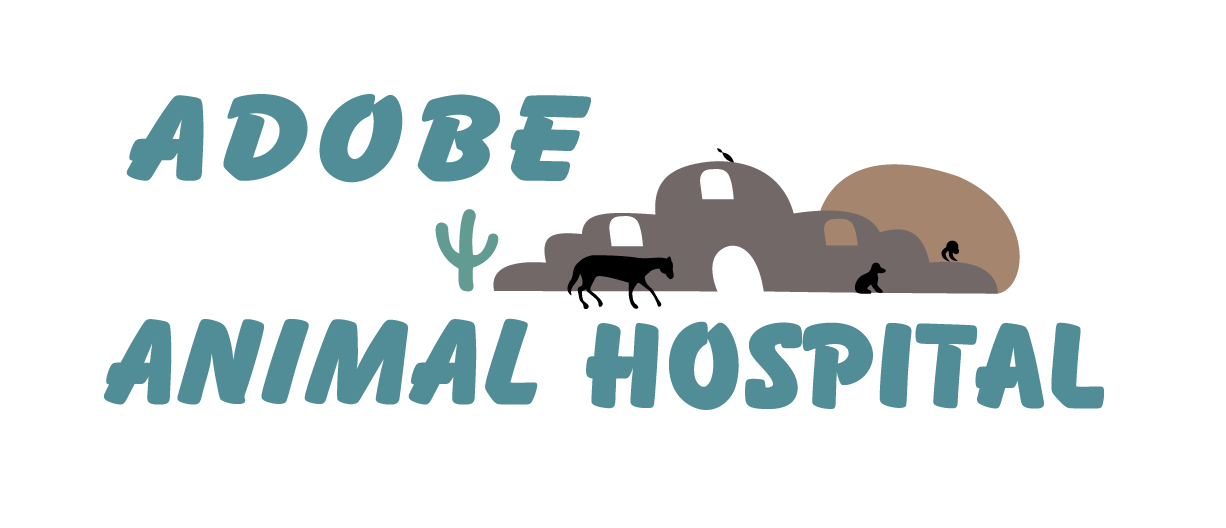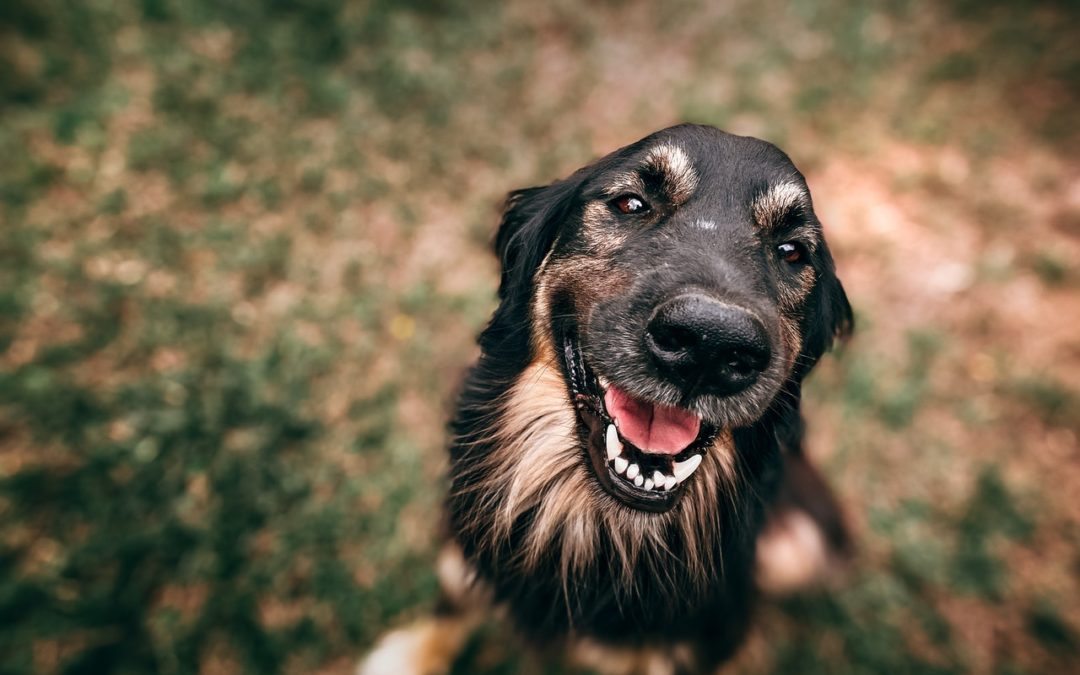Have you ever taken your pooch out on a leisurely stroll around the block and come across your canine neighbors? Has your furry pal lunged or barked at them and everything around you? Many dogs become hyper-focused on other dogs, people, squirrels, cars, or other moving objects, making your daily walk less than pleasant. Dogs who react this way to other animals or people when on a leash are called “leash reactive.” The team at Adobe Animal Hospital has put together a few tips to make your walks more tolerable and enjoyable.
#1: Teach your dog focus behaviors at home
On walks, you may give your dog the freedom to sniff and check out the neighborhood, but you also need to quickly gain their attention when a person or another dog approaches. Teach your dog these focus behaviors developed by Dr. Sophia Yin, a veterinary behaviorist renowned for her low-stress handling and behavior modification methods. Begin training your dog in the comfort of your own home with no distractions, and then move outside, still staying far enough away from your dog’s triggers to remain under their reactivity threshold. Slowly build up to closer distances and more distractions as you continue to use the focus behaviors.
#2: Use a head collar when walking your dog
Head collars for dogs are similar to halters in horses—where the head goes, the body follows. If an unexpected distraction sneaks up, and your dog is well over their reactivity threshold, a flat collar won’t help guide them to a safe distance. Instead, fit your dog with a head collar like the Gentle Leader, so you have better head control when they become hyper-focused on their reactivity trigger, and use the collar to redirect their focus to you.
Does your dog still become anxious and stressed on walks, despite your training efforts? Many dogs who suffer from generalized anxiety can benefit from medications that may help them relax.
Still find your dog increasingly anxious or tense on walks? Despite your best efforts, their behavior may be due to generalized anxiety which can be remedied by veterinarian-recommended medications. Schedule an appointment with our team to see if medication can help calm your dog, especially when out walking.

